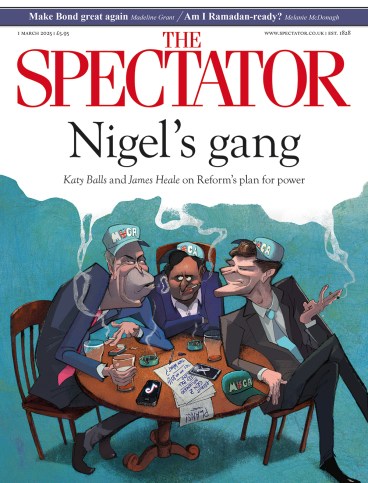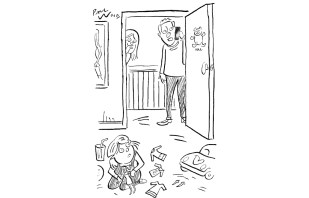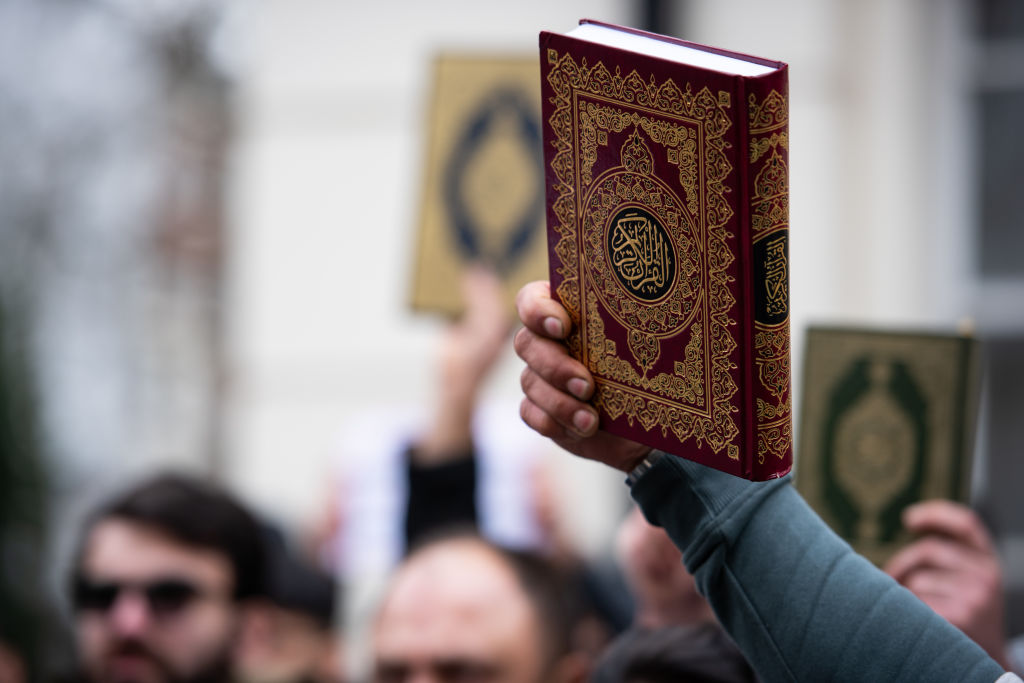
One of many reasons I felt blessed, seven years ago, to be offered a professorship at the private University of Buckingham to teach modern British history was that Buckingham appeared to reject the doctrinal horrors that were, and still are, poisoning many other universities. I, blissfully, had never heard the term ‘woke’, which certainly did not apply at Buckingham.
This did not mean we all went around being gratuitously offensive about minorities, women, people who change their gender or any other traditional targets of so-called white male privilege. What it did mean was that we had freedom of speech and of discourse, and proper academic liberty to advance anything we felt it important that our students, to be properly educated, should consider and reflect upon.
When he took over as Buckingham’s Vice-Chancellor in 2020, Professor James Tooley put a new and welcome emphasis on these ideals. He did so just at a time when many other universities were becoming even more craven in their obedience to doctrines that effectively repudiated freedom of speech, that put box-ticking above merit, and sought, irrespective of academic discipline, to use courses to make students hate our country, its culture and its past. For many universities, going there to learn and to learn to think for oneself seemed to become unnecessary frivolities. The real business appeared to be standardising an orthodoxy inimical to most people.
The woke like to talk about a ‘safe space’. This ridiculous and contemptible phrase is used to describe campuses where subjects of which the woke do not approve are simply not discussed, and where anyone who tries to do so is ostracised. Note, for example, the despicable treatment at Christ Church, Oxford of Professor Nigel Biggar, who became the victim of an international Twitter mob, inspired by an English don at Cambridge, for daring to write a newspaper article stating the obvious truth that not everything about the British Empire was bad. Cancelled at Oxford, Professor Biggar now sits in the House of Lords. This is a defeat for the enemies of free speech, but the war is far from won.
Evidence of that is clear from the recent ordeal of Professor Tooley in a university proud of being outside the doctrinal near-uniformity of the state sector. It appears that some of those who govern Buckingham dislike its founding ethos of academic liberty and freedom of expression, and crave the adoption of the sort of narrow-mindedness and censoriousness depressingly familiar in the public sector. Professor Tooley, and many of us who work with him, deeply disagree.
Thus he became perceived as an obstacle to those who wanted to make Buckingham like any publicly funded British university, and rob it of its intellectual adventurousness. But how could they get rid of a man who was not only in tune with so many of his colleagues, but who had inherited a financial basket case and soon turned a huge deficit into a healthy surplus?
The business of universities appears to be standardising an orthodoxy inimical to most people
Salvation came for them when Professor Tooley’s estranged wife sought to damage him by going to the university authorities and making two claims, both of which, after a presumably expensive and (for the university) damaging inquiry by a KC, have been found to be utterly without foundation. One was that he’d had an improper relationship with a minor; the woman in question turned out to be 25. The second was that he kept a firearm in the Vice-Chancellor’s residence. It was in fact an air gun of the sort one can buy in a toy shop.
Some university administrators leapt on this nonsense with indecent relish. Ignoring the precept enshrined in English law that a person is innocent until proved guilty, and choosing to exercise no judgment, they suspended Professor Tooley and threw him out of his grace-and-favour house.
This is where matters become yet more sinister. Both allegations were rapidly and easily disproved: the decision to have a KC investigate served only to prolong Professor Tooley’s needless agony and humiliation. Universities are obsessed with ‘safeguarding’, and talk of ‘process’ in order to achieve it. In this case, ‘process’ appears to have been weaponised not merely to try to force Professor Tooley out, but to protect those who wanted him out, on the grounds that they were only following the rules.

Although the accusations against him were utter nonsense, he was publicly humiliated and his health undermined; the university’s reputation was harmed; and much precious money was unnecessarily spent. One senior member of staff undertook surveillance of her colleagues’ email accounts to try to discover who was giving information to the papers about the situation (the fact that the information was already in the public domain was apparently irrelevant). The truth, to those of us who know Professor Tooley, was always blindingly obvious, and ought to have come free of charge. The lack of leadership was abominable, the treatment of him disgusting and the motives behind what happened bear further investigation.
Professor Tooley resumed his post last week. His job of restoring order will not be helped by the continued presence of the minority who sought to mount this failed coup d’état. By their behaviour so far they have suggested they lack even a shred of decency. It is not too late to discover one, and do the honourable thing. And although they probably won’t have much respect for the thinking of the late Margaret Thatcher, they might reflect on the truth of one of her observations: ‘If you ever get… guilt by accusation, that day freedom dies.’







Comments